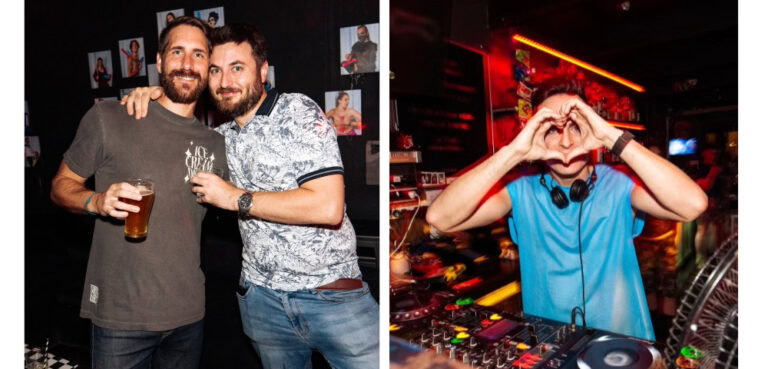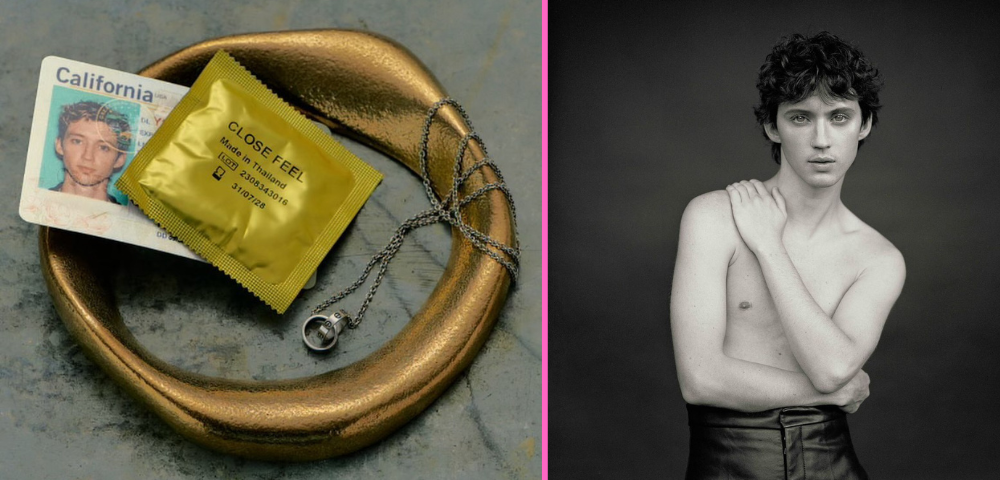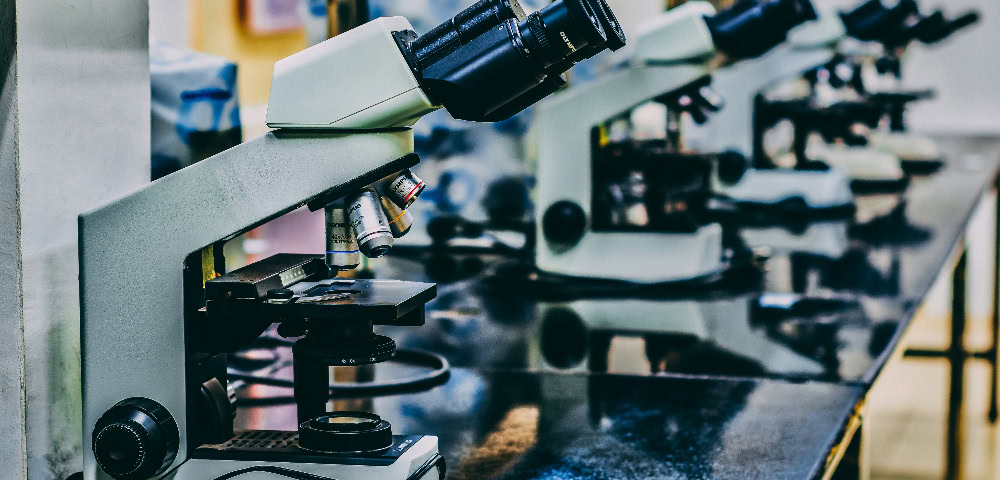
Community still too afraid to approach police

Most members of the LGBTI community actively avoid involvement with the police force when they are the victims of crime. These are the findings  of a new study launched by the Queensland University of Technology (QUT), Griffith University and Sydney University, which aims to find out the reasons for this reluctance.
of a new study launched by the Queensland University of Technology (QUT), Griffith University and Sydney University, which aims to find out the reasons for this reluctance.
Despite the Queensland police service implementing gay and lesbian liaison officers almost 17 years ago, the new research has shown that, although 70 per cent of the LGBTI community are aware of gay and lesbian liaison officers, only four per cent actually access the service even though 52 per cent of the community report being the victim of either homophobic or transphobic abuse.
Lead researcher, Dr Angela Dwyer, said statistics like these led her to want to explore why police and the LGBTI community were failing to communicate.
“We don’t have any research that explores how LGBTI communities interact with police liaison officers…We need to know the reasons why people have contact with LGBTI police liaison officers or alternatively the reasons they don’t.” Dwyer told the Star Observer.
The paper concluded that there might be a historical element contributing to a sense of suspicion between the LGBTI community and the police. The authors referred to the political era of ultra-conservative Premier Joh Bjelke-Petersen, when sodomy and homosexuality were illegal and police violence against the community were not uncommon.
Dwyer believes that historical prejudice and discrimination has remained engrained within the LGBTI community as older generations share their experiences with younger people. She believes that while there is this intergenerational mistrust, relations will continue to be difficult.
“I think it stems from the historically bad relationship between police and LGBTI people. Even though this is considered a thing of the past, it seems it only takes one small incident involving an individual officer to completely erode the relationships they have tried to build in more recent times.”
Current state politics and recent setbacks for the LGBTI community in Queensland have contributed to this continued mistrust, Dwyer believes.
“I think if support for LGBTI issues was coming from the top in State politics, there would obviously be more explicit support of these issues in police and other government organisations. This is something which certainly needs to shift in future.”
Dwyer also reported that she found that rural communities such as Toowoomba and Townsville were still particularly troublesome areas for abuse and crime against the LGBTI community, however people in all regions of the state were still vulnerable.
Gay and lesbian liaison officers were introduced into the Queensland police force in 1997, which indicated a willingness to engage with the LGBTI community. However Dr Dwyer believes that there is still a sense of confusion from both sides as to what the liaison roles actually mean and what is required of them.
Dwyer believes that both the community and the police have an equal responsibility to improve the relationship, but she knows there isn’t one simple solution.
“There is no silver bullet here – it is something that requires sustained change over a long period of time but I think we could be doing a lot more to strengthen the relationships between LGBTI people and police.”
Organisers of the study are calling upon any members of the LGBTI community to participate in their private survey that can be accessed here. The survey takes about 20 minutes to complete and is completely confidential.









